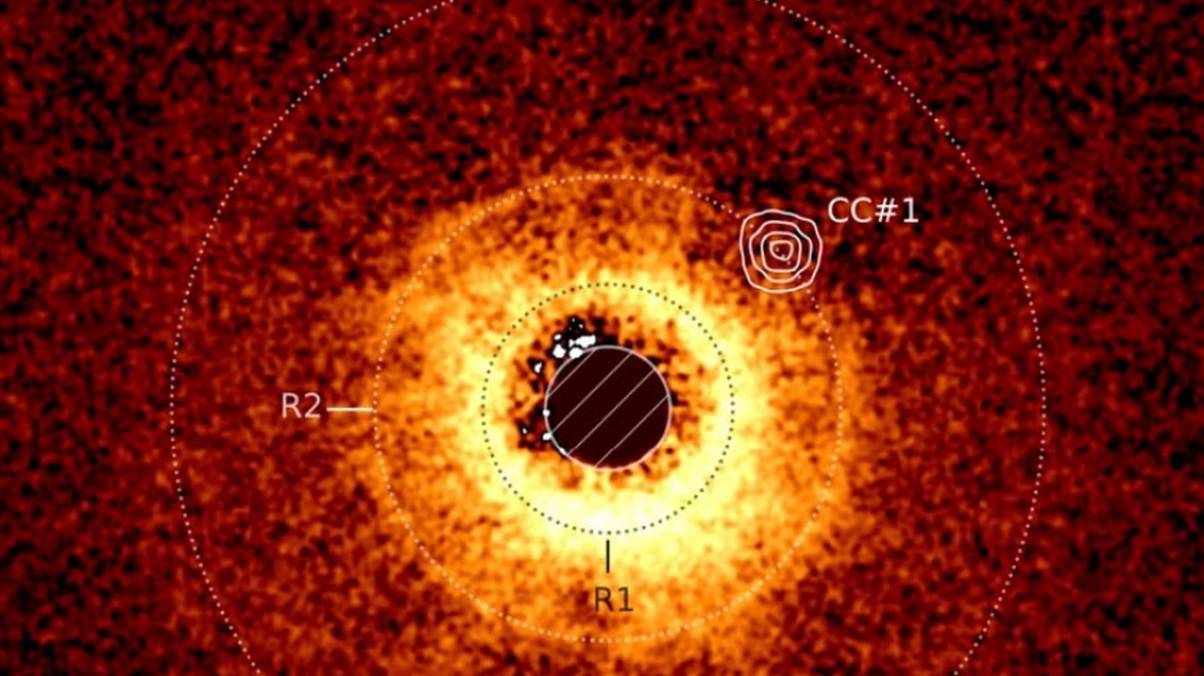“Unlocking Heartbreak: 12 Surprising Psychological Secrets That Explain Why We Really Break Up”
9. Emotional Closeness Creates Chemical Bonds


The closer we are to someone emotionally, the stronger the psychological bonds we form. Throughout a relationship, oxytocin (the “bonding hormone”) is released during intimate moments, creating a chemical connection that makes breakups especially tough. This is why it can be hard to let go, even after things end.
What’s really interesting is that these bonds can stick around long after the relationship is over. Your brain remembers those “love chemicals,” and their absence can sometimes leave you feeling like something’s missing. The truth is nothing is actually missing—you’ll get through this. It just takes time.
10. The “No Contact” Rule is Powerful for Healing


The “no contact” rule, often recommended after a breakup, isn’t just some arbitrary advice—it’s grounded in psychology. By cutting off contact with your ex, you give yourself a chance to heal and regain your independence. The constant reminders of the relationship can keep the brain stuck in a loop of longing and distress.
Removing those triggers lets your mind focus on other aspects of life. Delete their number, and don’t memorize it first. While it might feel difficult in the short term, the absence of contact accelerates the process of emotional recovery and self-discovery.
11. Breakups Trigger the Fear of Missing Out (FOMO)


After a breakup, the fear of missing out (FOMO) can creep in, particularly as you see your ex moving on or living their life without you. This feeling isn’t limited to seeing them with someone new—it can extend to the general idea that life is moving forward without your involvement.












